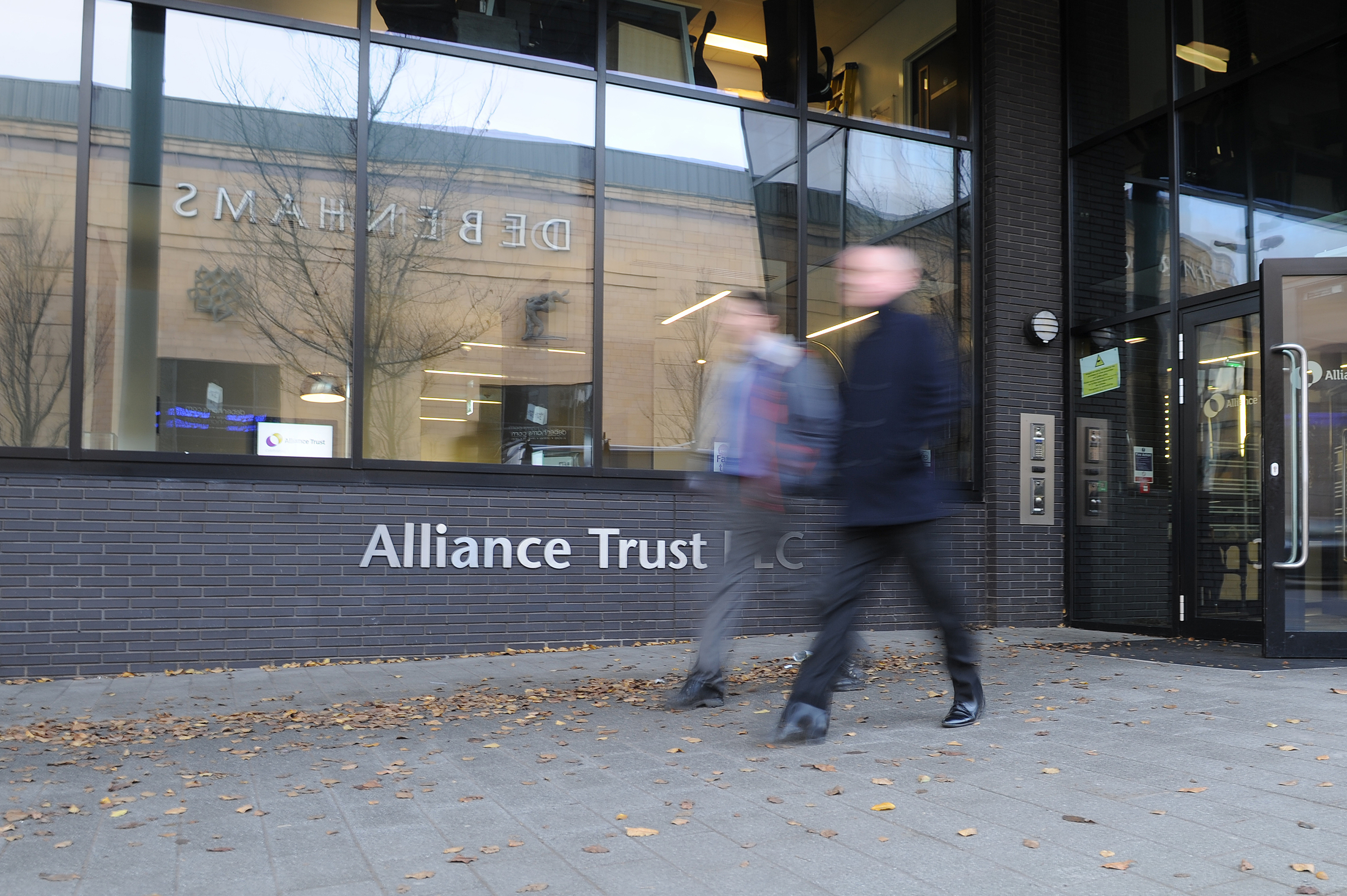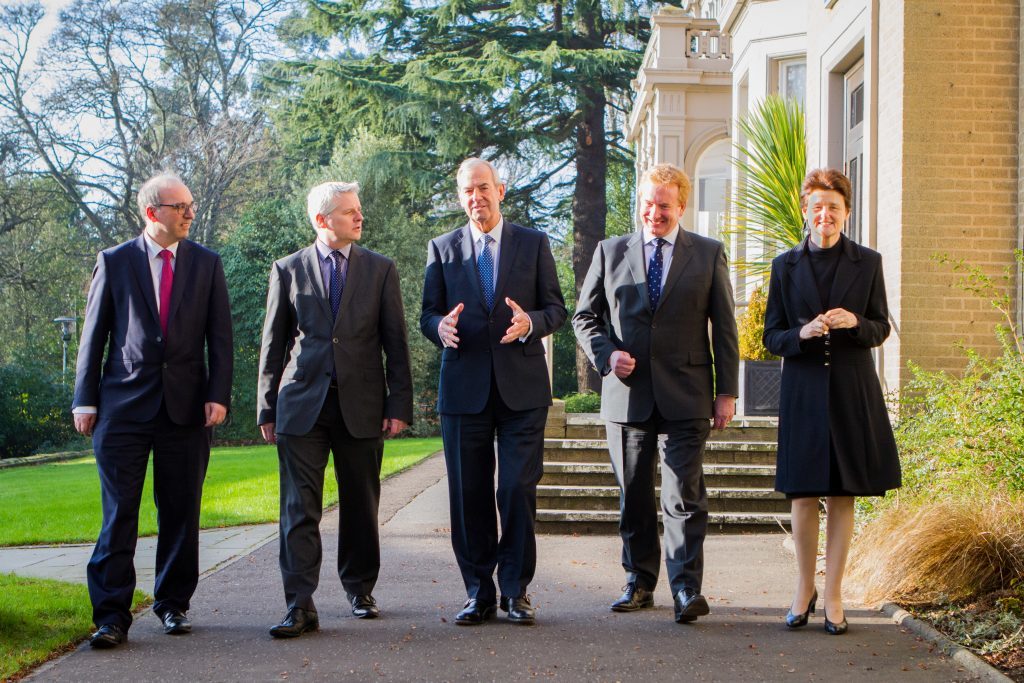Alliance Trust has maintained its record of progressive dividend payments for a 50th year as the restructured business declared it was now “well placed” to deliver growth.
Shares in the Dundee-headquartered group nudged marginally ahead in early trading as the Trust capped one of the most turbulent periods in its 129-year history by revealing a positive trading performance for the year to December 31.
The group produced a total shareholder return of 26.4% for the period while Net Asset Value (NAV) total return came in at 21.5%.
The performance allowed the Trust – which has undergone a radical overhaul following the appointment of chairman Lord Robert Smith in January 2016 – to declare an ordinary dividend for the year up 16.4% to 12.774p.
The move represents the 50th consecutive year of progressive dividend payments from the Trust – one of the longest such streaks see in UK corporate history.
The outcome was delivered despite much of the board’s time during the year being spent on a major review and restructuring of the Trust’s operations.
The review – initially prompted by major shareholder Elliott’s agitation ahead of the 2015 annual general meeting that eventually led to the downfall of former CEO Katherine Garrett-Cox’s regime – reported in December and proposed a radical shift to a new outsourced investment management function overseen by Willis Towers Watson.
The arrangement – which will see eight individual managers take responsibility for a portfolio of around 20 stocks each – was rubberstamped by shareholders during a general meeting of the Trust in February.
The gathering also saw investors agree to allow the Trust to buy out Elliott’s 19.75% shareholding in the company – a move that came with a price tag of more than £600 million.
In his statement to the results, Chairman Lord Robert Smith confirmed the repurchase of Elliott’s stock had “now been completed” and the move had resulted in an uplift in NAV of approximately 1% for other shareholders.
At year end, the Trust’s discount to NAV was 4.4%, a considerable narrowing of the position from the previous year.
The group’s share price rose to 638 pence by year-end, a 23% uplift on 2015.
Lord Smith said the Trust was now in better shape and was positioned for new growth.
“The last two years have seen considerable change for Alliance Trust and we are very appreciative of the strength of support shareholders have shown.
“With a clear course of direction and a settled shareholder register, we believe that Alliance Trust is now well placed for the future.
As a result of the strategic review, organisational changes were also made during the year to the Trust’s two main trading subsidiaries, Alliance Trust Investments (ATI) and Alliance Trust Savings (ATS).
ATI saw third party assets under management rise by 11.5% to £2.3 billion during the year and it made a profit of £400,000, an improvement on the £2.1m loss of 2015.
A deal to sell the unit to Liontrust Asset Management was agreed as part of the strategic review and that transaction is expected to complete next month at an expected gain of over £5m over its valuation at June 30.
The Trust said ATS had made “significant progress” during the year with assets under administration rising by 60%, reflecting the acquisition of the Stocktrade platform.
The business also moved into the black, booking a £1.2m profit for 2016 after making a £5.2m loss the previous year.
The Trust also had to deal with a “significant event” during 2016 in the guise of an unsolicited merger approach from RIT Capital Partners.
It took the proposal into its strategic review process but RIT later withdrew its interest in pursuing a combination.
Lord Smith said the Trust’s focus now was to deliver for its remaining shareholder base.
He added: “The clear focus of the Board and Willis Towers Watson (WTW), the new investment manager, is to generate a real return for shareholders through a combination of capital growth and rising dividends.”


